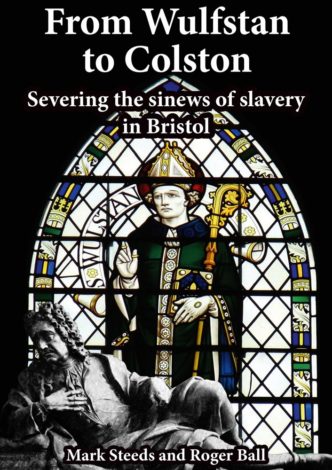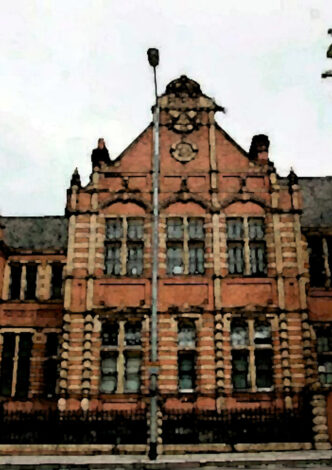The M Shed Colston ‘Consultative Display’ – What’s in and what’s out?
By Randell Brantley
Introduction After months of secrecy instigated by the Mayor’s Office finally M Shed are launching their ‘Consultative Display” entitled The Colston Statue: What Next? For many of us the Colston statue should have been left to ‘sleep with the fishes’, where many thousands of his Company’s victims ended up during the middle-passage. But a mixture of paranoia in the Mayor’s Office about a public backlash which might have affected his chances for re-election or perhaps seeing an opportunity to up […]




